The Air Force Academy recently release an article entitled, “Cadets urge survivors to ‘take back the night’” about a new event (that they hope becomes annual) at the Academy to support sexual assault survivors.
It’s part of their Let’s Be Clear campaign which
“aims to effect a culture reset at the U.S. Air Force Academy to drive down the prevalence of sexual harassment and violence. We are developing actions, policies and programs that will re-center Academy culture around dignity and respect. We are focusing on a preventative stance, where we stop these actions from ever happening.”
At the Take Back the Night event, Academy commandant of cadets Brig. Gen. Gavin Marks said,
“Maintaining world-class standards extends beyond a cadet’s performance in training exercises, formations and inspections. It demands treating your fellow cadets with the respect and dignity they deserve. Hurting teammates hurts the team and is unacceptable. Nothing destroys a team’s performance faster than sexual harassment and violence.”
Without saying specifically, who is he really referring to? And for those in the audience, what is the unspoken assumption of who it is?
If you were a decent male at the Academy, what would you think?
The article showed a photo of a cadet with a teal rope around the shoulder.
First there were purple ropes for Air Force Academy cadets who are authorized to “advise” other cadets on diversity, equity and inclusion—in which white males always seem to be the problem according to the CRT ideology.
Now there are teal ropes for USAFA cadets (90 of them) who provide peer assistance to victims of sexual assault—in which males are the unspoken problem.
Marxist grievance process focused on The Oppressor versus The Oppressed creating division in hopes of a revolution.
Is the increasing focus/push on this issue, not only at the service academies but throughout the US military itself, the latest effort in marginalizing, denigrating men who have traditionally been the warriors defending this nation? Who benefits from that or what country would benefit from America not having a strong male warrior cadre?
News stories and reports about the sexual harassment/assault problem in high-profile service academies have been made every decade since 1976, when women were first admitted.
It’s a serious topic and, if all cadets lived in according to the honor code with maturity, professionalism, decency and chivalry, it wouldn’t be a problem. Perhaps this is too much to ask for young college kids, but the service academies were supposed to admit and build people of higher character than the rest of society.
But a recent example shows what a mess it actually is:
“The cadets started drinking in the afternoon and the party continued with a bonfire in the evening. McHugh and the female cadet started kissing around the bonfire and then went into a bedroom. Private attorney Lance Wood, who defended McHugh, pointed out several times in his closing statements Wednesday it’s unknown whether the woman consented to the sexual exchange in the bedroom because she was blackout drunk. McHugh’s memory of the night was fragmented.”
The amount of time, focus and attention the services academies have had to deal with this problem over the decades in terms of programs, training, trauma, counseling, lawsuits, outside investigation reports, panels, commissions, Congressional scrutiny, public affairs, etc–all of which takes time away from the real mission of preparing warfighters to win wars–makes one wonder if this was a problem before 1976? Would it have been better to have had separate academies?
___
On a related note, the STARRS website has received these comments on other articles:
“Having graduated from USAFA in 1966, I returned in 1976 as an instructor in the MT department, coincidental with the arrival of the first women. In order to accommodate those approximately 100 women and to prevent “unacceptable” levels of female attrition, the whole training program was revised to reduce physical and emotional stress. All the while, the Academy administration, in numerous articles in both the Denver Post and the Gazette Telegraph, repeatedly told the public that nothing in the training program had changed. General officers who were supposed to be models of the Honor Code were even then feeding the public politically correct lies in order to preserve and advance their personal careers. This was glaringly obvious to the cadet training cadre as well as the officers like myself who supervised the program. From those “little lies” of 1976 we have deteriorated to the monstrous ones we are now hearing from today’s politically correct officers in every branch of the service. Why not? The Honor Code means no more to them today than it did to those generals who subverted the Code in 1976.”
and
“I know my brief comment will not be welcomed by many graduates who applaud the introduction of women into the Academy in 1976. I believe the current horrible state of affairs at our once proud and honorable institution began with that 1976 event. To be sure there are a multitude of other corrosive factors at work, but USAFA, the women, and our country would have been far better served at that time by the establishment of a separate women’s academy from which all the military branches could have obtained their female officers.”


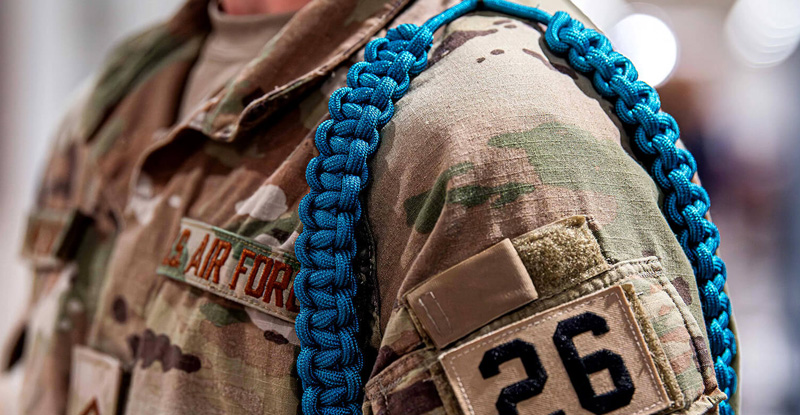
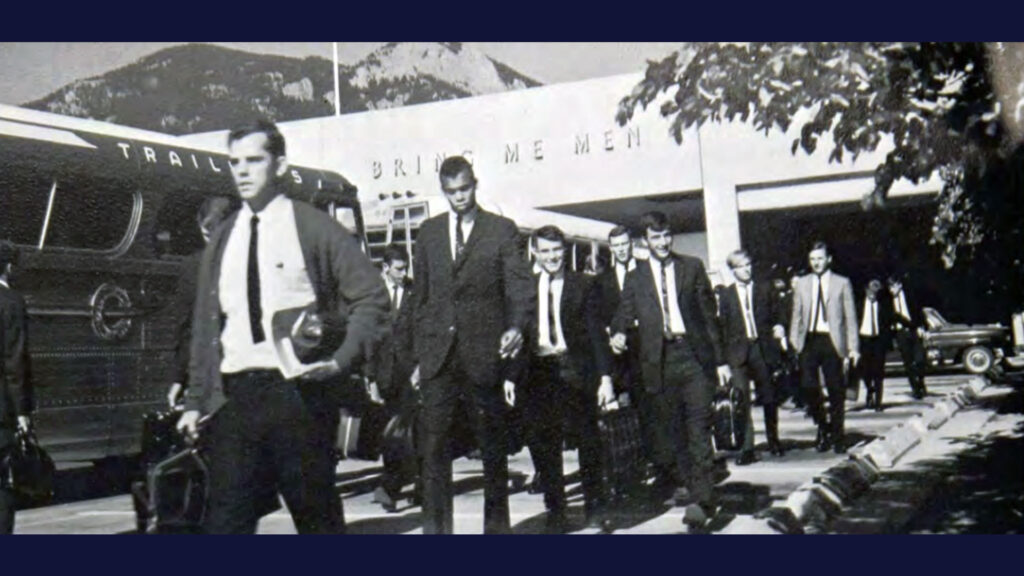
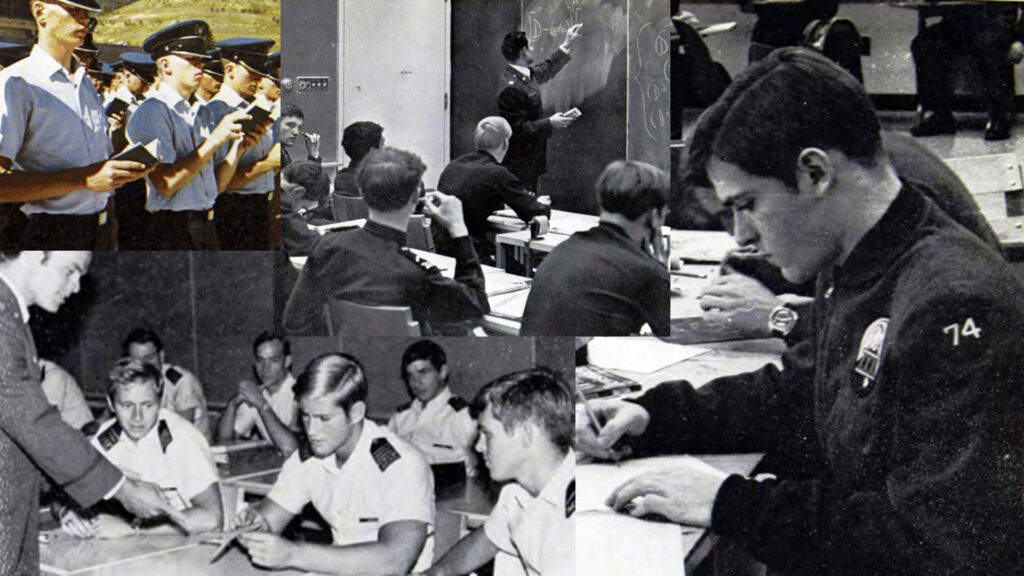
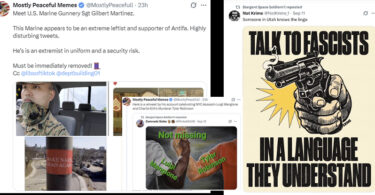
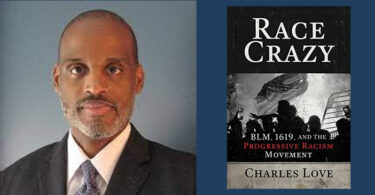
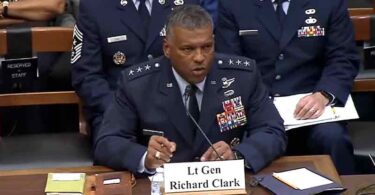
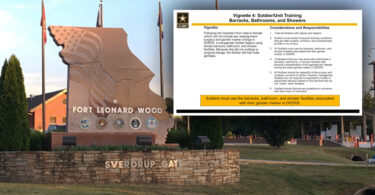

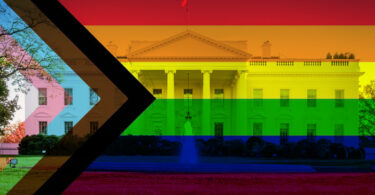
As a USAFA graduate with the class of 79. I second the opinions in the Cultural Reset at the AFA. There was a reduction in requirements for the women. Any perceived reductions of requirements were glossed over by academy leadership. Additionally there was a big push to have civilian professors become part of the academic staff without any requirement for having previous military service or having graduated from a military academy. To change our mind set back to a warriors ethos with an honor code that applies to officers and staff as well as cadets we need cadets with red white and blue ropes that can call all the other ropers on the carpet for aiding and abetting communist propaganda and creating division in the cadet wing. Also no civilian academic professors should teach at the Academy unless they either served and retired from the military or are a graduate from one of the military academies and either retired or were honorably discharged. In any case no civilian instructor should be given lifetime tenure.